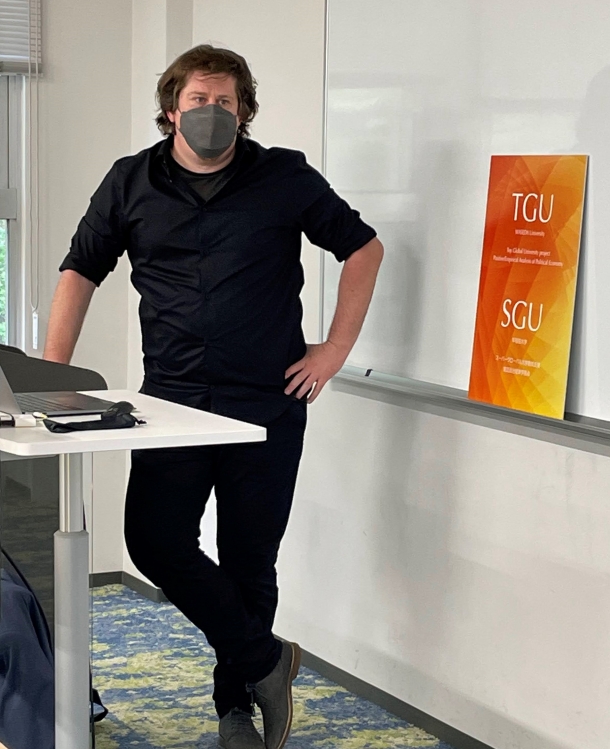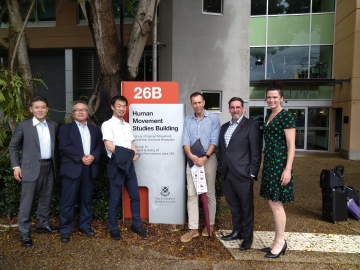The Center for Positive/Empirical Analysis of Political Economy is pleased to announce that a Top Global University seminar will be held by Assistant Professor Alessandro Nai (University of Amsterdam), who is being hosted as a visiting assistant professor at the Centre this summer semester. He will present his new research titled “That bloody campaign. Negative and uncivil campaign rhetoric and electoral violence in the USA and across the world”.

Day & Time: August 2, 16:30-18:00
Venue: Waseda Campus, Building 3, Room 406⇒909 (Both in-person and on Zoom)
The seminar is aimed at graduate students, but undergraduate students are also welcome to attend.
Seminar abstract:
Words can hurt more than sticks and stones – but can they trigger political violence? To what extent is the use of negative, uncivil and generally harsh campaign messages during elections associated with support for political violence in the public – and, even, incidences of actual electoral violence? We address this important matter via two studies investigating, respectively, the American case and elections worldwide in a comparative setting. Study 1 triangulates ANES survey data and expert survey data for the 2018 Midterms and shows that support for political violence is somewhat higher in states where competing candidates made a stronger use of character attacks; furthermore, “harsh” campaigns are positively associated with support for political violence among the base of the candidate that goes harsh, especially for liberals. Study 2 expands the scope and looks at elections worldwide; triangulating independent data measuring the presence of electoral violence in national elections (ELVI, V-DEM data) and the content of election campaigns (NEGex data), we show that elections characterized by incivility, character attacks, and fear appeals are significantly (and substantively) more likely to have experienced electoral violence. All in all, the two studies seem to indicate that harsher election campaigns can be linked with greater support for political violence in voters – and actual violence during elections.








